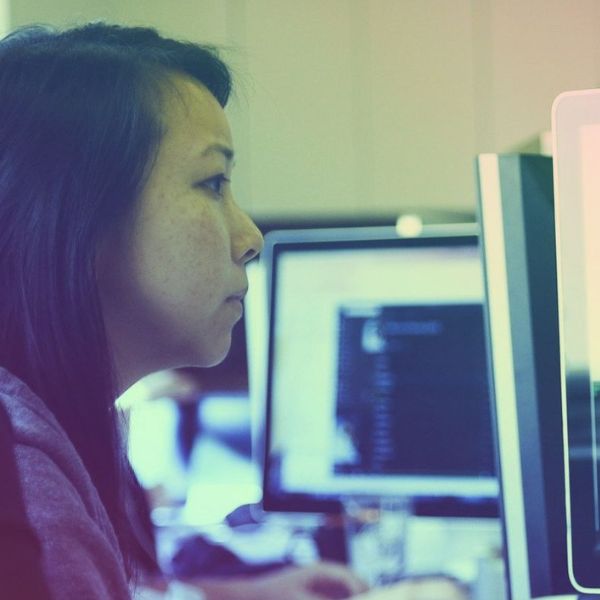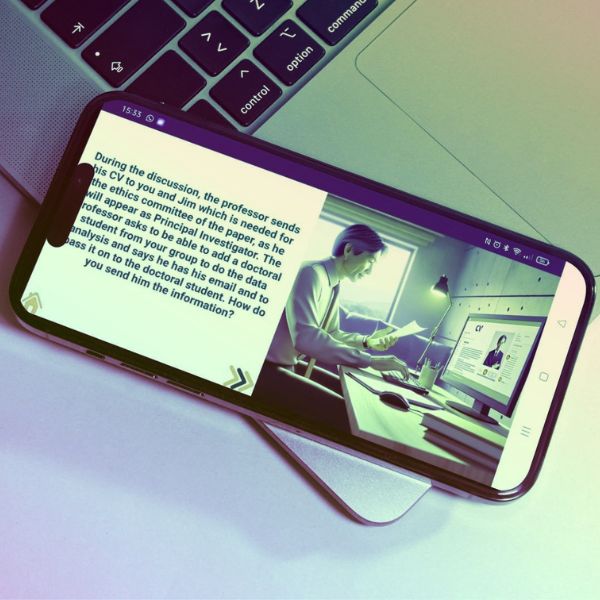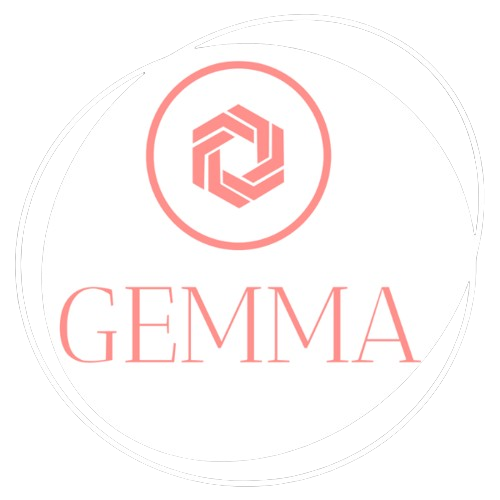ABOUT
Behind the project and specific needs
The GEMMA project, Game based learning for Enhancement of new skills using Micro-MOOCs for Academic staff, develops an integrated model starting from well-routed EU frameworks that guides the development of a MOOC designed for researchers in HEIs with a ubiquitous and mobile learning approach. The MOOC is embedded by a serious game to allow a learning-by-doing didactic for the target users as the needs analysis reported.
The impact of GEMMA on the academic staff

The academic staff in HEIs typically focuses its attention to the scientific metrics, qualitative indexes regarding the publications and about the teaching. Researchers, professors, lecturers do not have a limited number of hours, their contract claims a fixed amount, but because their work is related to a full “intellectual” effort, it is spread throughout the whole day and during the bank holidays. This is even more relevant after the COVID-19 crisis that complicates this picture, increasing the difficulty to divide private life and personal life caused by telework. Besides increasing resilience and productivity, the telework could also contribute to the green transformation and help bring vulnerable groups into the economic mainstream (2020 European Semester: Country-specific recommendations). For this reason, it is necessary to have access to training and qualifications for all.
On another side the academic staff in HEIs, from PhD students to full professors, refers to a new and dynamic world, and there is the requirement to hybridize their knowledge and bring their ideas to the market. It is even more urgent the acquisition of new skills, provoking a significant impact of their research on the outside the universities. Then, an increased number of HEIs’ researchers need to acquire entrepreneurial competences, including also digital skills for the management of the new challenges of our era; and finally, life skills to allow a good work/personal life balance. This last aspect is even more important when the researcher is called to try to invest their time also in creating new spin-offs, startups or collaborating with the companies.

GEMMA in a nutshell
The GEMMA project is designed to have a huge impact on the HEIs staff. An expected outcome will be to boost new business creation by increasing the sense of entrepreneurship and digital competences. Also, the name intends to be metaphoric. Gemma is a part of the plant that spins off the leaves and tries to create a new part of the organism, starting from the main part of this. It represents something that has the ambition to be born and to start a new branch. GEMMA brings together partners from the HEIs, association and SMEs. The aim is to join different fields, to co-design an integrated and holistic model of competences.

- Joins HEIs and other actors (a SME and an association) with a co-creation approach to develop an integrated and holistic model for improving well-being at work based on different European frameworks for soft-skills, digital skills, and entrepreneurship skills (e.i. DigComp, EntreComp, LifeComp).
- Develops a new multidisciplinary and innovative training curriculum throughout higher education programmes developed in cooperation with external actors.
- Implements and tests an innovative ICT platform that includes a MOOC empowered by a game-based approach with a mobile APP based on a modular training programme addressed to academic and company staff to reinforce their skills and promote their well-being at work.
- Disseminates the training model to a wider public, exploiting the Partnership rationale and with dedicated events and providing guidelines for a future reapplication of the model and the training programme for other contexts and sectors.
GEMMA contribute to development of academic staff that needs to reinforce their skills
One of the assets of the GEMMA project is the application of a game-based learning approach to the MOOC, applying a Role-Playing Digital Games available also on mobile platforms. The Role-playing game provides a safe environment that encourages risk-taking behaviors, promoting collaboration that are crucial for the learning and practicing of different categories of life skills. The game represents the “laboratory activities” of the course. Finally, the GEMMA project follows the CEDEFOP EU guidelines for validating non-formal and informal learning about the specific skills in the MOOC.
- The training course is designed to adapt its teaching speed, mode, and tools to the new realities of the digital job market with short, specific online courses with a broad diffusion, with an “open”, “free” and “massive” approach
- The learning platform is very ease-of-use, with targeted contents, giving the possibility to the researchers to learn also when they have little slots of time.
- The learning environment is designed, and co-designed with users, starting from the paradigms of ubiquitous and mobile learning.
- GEMMA brings its effort in particular combatting the social exclusion of vulnerable groups (including academic workers with disabilities) by the creation of equal opportunities and new perspectives, involving users in model development.

GEMMA structure and methodology

GEMMA is a training course for researchers, from PhD students to professors, in HEIs aimed at furnishing this academic staff with digital, entrepreneurial and life skills. These skills are crucial in this new era where digital tools cover a consistent part of the research and teaching work.
The course of the GEMMA project exploits Open Educational Resources (OER) and develops at the same time new OERs.
Also, the game scenarios are co-created with the final users. The main tangible outputs of the projects to face the challenges described before are four:
- the holistic training framework and model
- the MOOC
- the Serious game/APP
- the operative guidelines
The first is the framework and the training model that will impact directly on the possibility to create a joined structure, validated with a rigorous scientific approach, from different countries and supported by the user feedback and collaboration performing a co-creation approach. The training model is the core of the project and is the foundation of the ICT pillars GEMMA delivers. GEMMA defines a holistic training model inspired by the structure and vocabulary of the European Qualification Framework (EQF) and following the Bloom’s taxonomy (Bloom, 1956), integrating three areas of competences that are strategic for the well-being at work, with a special focus on the activities in teleworking.
The competences are the following:
- Digital competences
- Entrepreneurial skills
- Life-skills

